Essay Contest Honor: Hate Crimes and COVID
By Quynh Van
As I walk through the grocery store these days, there’s this feeling of a looming threat,
hovering over my shoulder, ready to strike at any moment. My leisurely strolls have become
tentative strides across no man’s land. The virus could be anywhere, come from anyone, come
close in any way. But apart from the illness, there’s another danger. A white girl coughs, people
glance and turn back casually, unaffected. I hold my cough in, holding in the burning dry air, I
can’t do it, I let it out. People glance and once they see who it is, they move two steps back. It’s
not about safety, it’s about making a statement: You are the virus. You are contagious. You are
dirty. And the old classic: We don’t want you here.
For me and my fellow Asians, it’s not just the virus that plagues our physical and
psychological terrain. Walking out of the house feels like a feat following the stories of hate
crimes happening throughout our country, including an incident where an Asian family was
stabbed in a grocery store . Is it safe for me to venture outside by myself? Do I put on my mask
or not? Will it be more dangerous if I do or don’t? These are questions I have had to ask myself.
We had to learn how to navigate a racially hostile and sometimes life-threatening environment
while simultaneously navigating a life-threatening virus. Every dirty glance, every jerk away
from you, every comment, tenses the muscles and prepares the body for a fight, for survival. Our
bodies respond to the sickness of racism that has infected our country, our colleagues, our
neighbors.
The position of Asians in this country has been fixed. We are Other, foreigners who will
never belong. We speak in alien tongues and eat strange, dirty food from other lands. We are
exotic, unknown, and therefore, to be feared if not detested.The xenophobia against us was the
resting gunpowder that COVID-19 ignited, catalyzing a fearlessness in the hateful to explode, to
be loud, to be violent. Yet in the face of spitting rage, there is an opportunity for strength. The
question I ask myself now is how will I stay healthy, physically and psychologically? How will I
protect the health of my community?
I put my mask on, protecting the maskless who give me dirty looks and tell me I’m the one
spreading the virus. Through washing my hands, social distancing, and smiling under my mask, I
understand that I am contributing to the wellbeing of my community. Through this collective
opportunity to be considerate of my neighbors, I am able to recover from the accusations and
threats, and instead, cultivate a sense of belonging for myself. My actions protect me from the
virus but also protect me from the pernicious attempts of racists trying to get under my skin.
Quynh Van is a book-loving, camera-holding senior at the University of Minnesota - Twin Cities studying journalism.

